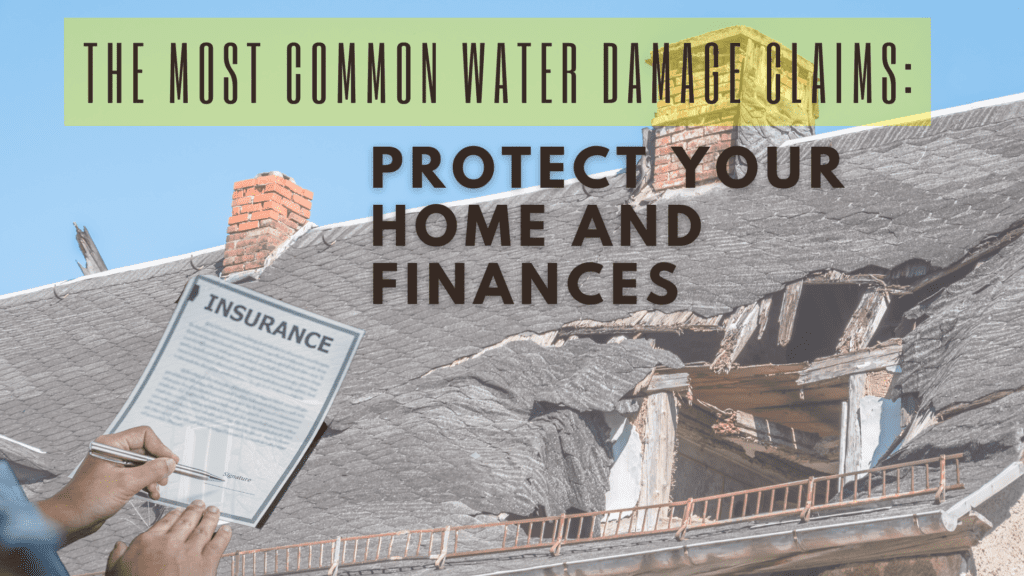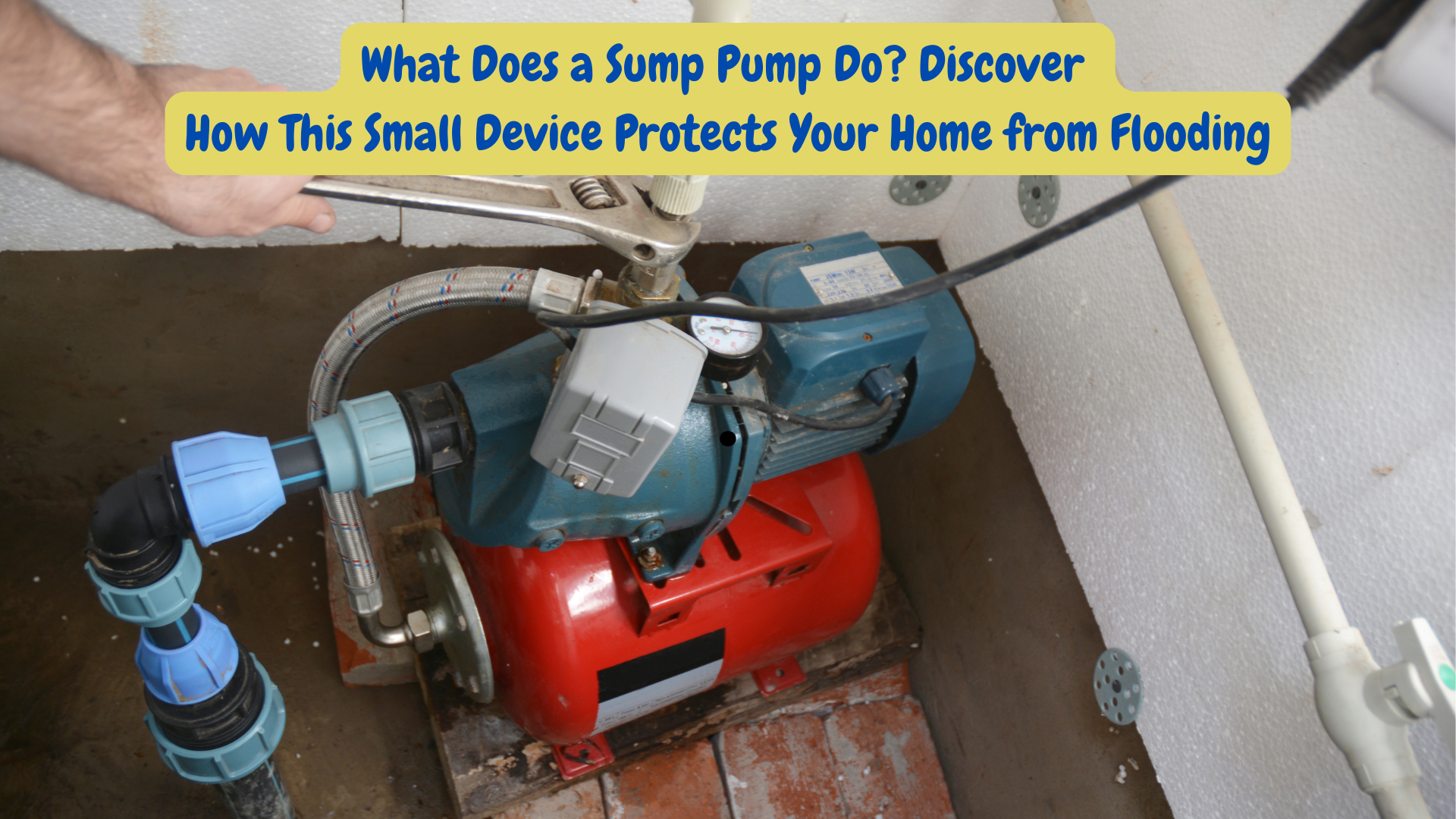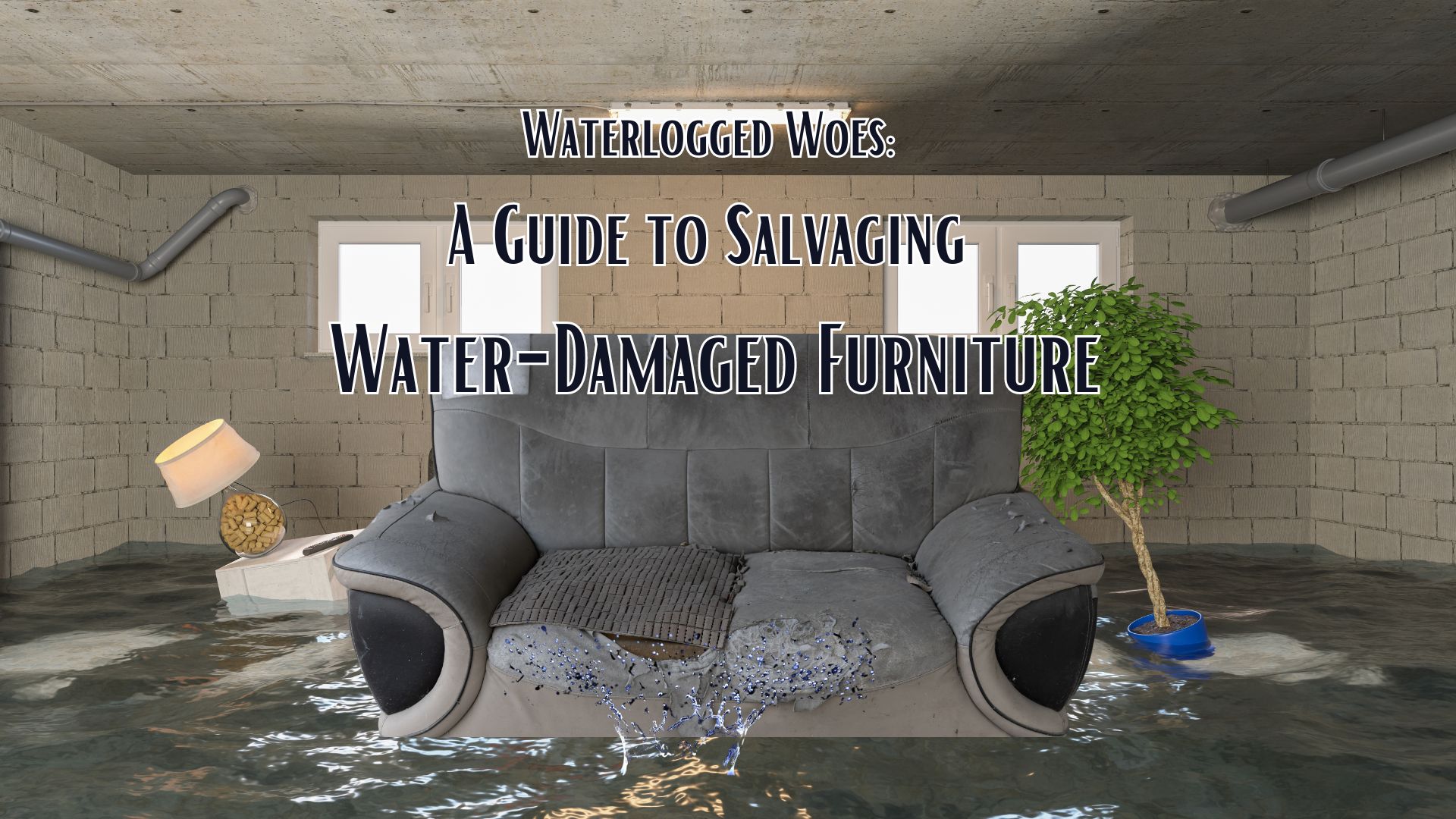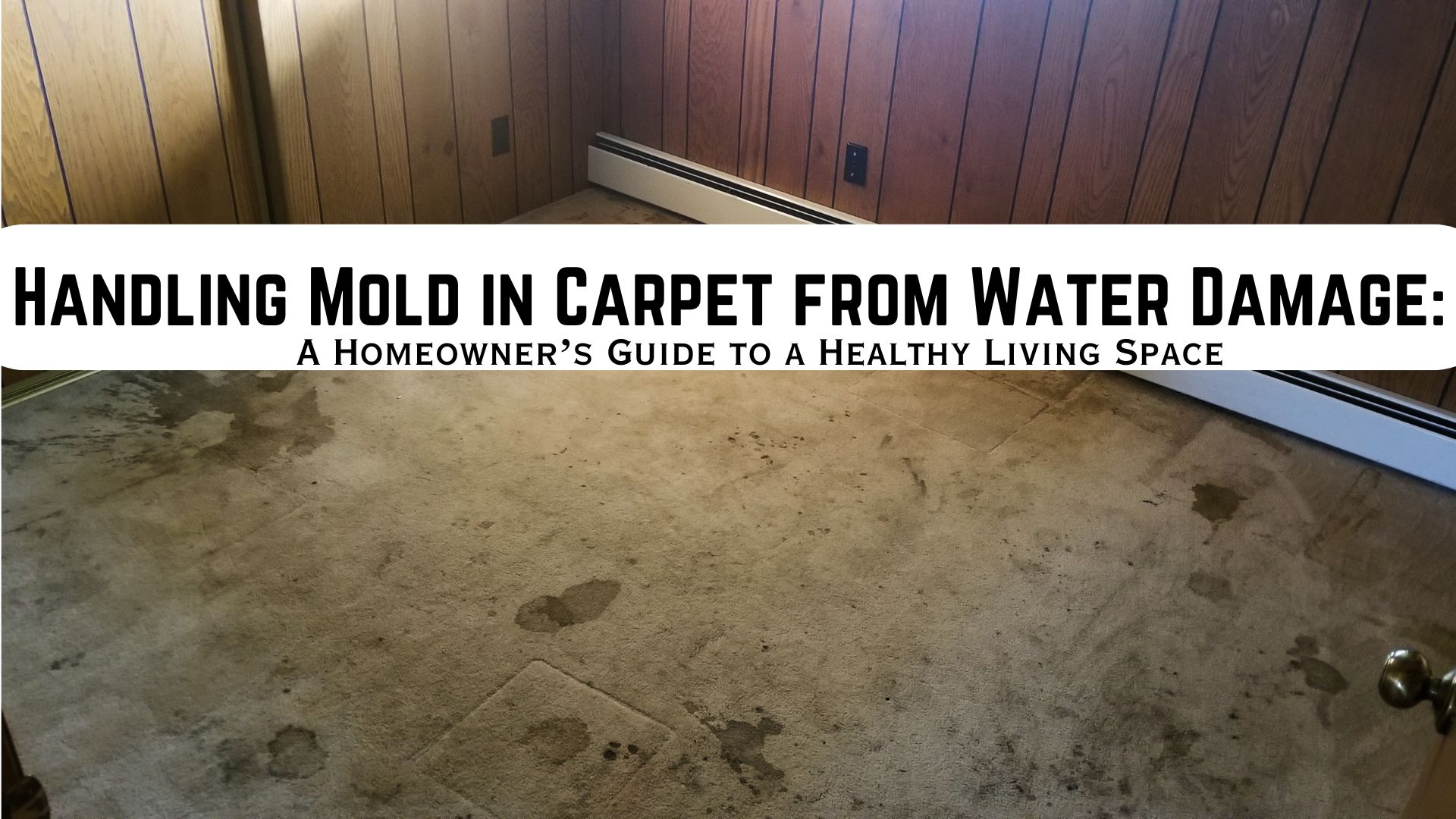
What are the most common water damage claims?
Water Damage: A Common Costly Issue
When water infiltrates your home, it leaves behind a trail of destruction that demands your immediate attention. Burst pipes, often caused by freezing temperatures or age-related wear and tear, can release torrents of water, turning your living space into a sodden mess. Additionally, roof leaks, a frequent offender, can gradually erode your property’s structural integrity while creating an environment conducive to mold growth. These scenarios are just the tip of the iceberg, as numerous other water-related mishaps can wreak havoc on your home.
The aftermath of water damage is not only physically distressing but also financially draining. The costs associated with repairs, restoration, and the replacement of damaged belongings can quickly escalate, leaving homeowners grappling with a substantial financial burden. In many cases, filing insurance claims becomes necessary, adding another layer of complexity to an already stressful situation.
In this blog post, we will explore the most common water damage claims that homeowners encounter and provide insights on how to prevent and handle these situations effectively.
Know the Most Common Water Damage Claims
Burst Pipes and Plumbing Issues
Burst pipes and plumbing issues are common causes of water damage claims. This can occur due to freezing temperatures, aging pipes, or excessive water pressure. When pipes burst, it can lead to significant water damage in your home, such as flooded basements, damaged walls, and ruined furniture. To prevent these claims, it is important to regularly inspect your plumbing systems, especially in colder climates where pipes are more susceptible to freezing. Additionally, addressing minor leaks promptly can help prevent them from turning into major issues.
Roof Leaks and Storm Damage
Roof leaks are another frequent cause of water damage claims. Heavy rain, windstorms, or damaged shingles can result in water penetration, leading to extensive damage to ceilings, walls, and personal belongings. Regular maintenance of your roof, including inspections and repairs, is essential to minimize the risk of leaks. It is also important to promptly address any signs of water stains or moisture in your home to mitigate the potential damage.
Appliance Malfunctions
Malfunctioning household appliances like washing machines, dishwashers, and refrigerators can also cause water damage. Faulty hoses, seals, or improper installation can result in leaks that may go unnoticed until significant damage has occurred. Regularly inspecting and maintaining these appliances is crucial to prevent water damage claims. Tasks such as replacing old hoses and ensuring proper drainage can help minimize the risk of leaks.
Flooding and Natural Disasters
Flooding caused by heavy rain, hurricanes, or natural disasters poses a significant risk to homeowners. Rising water levels can infiltrate basements, foundations, and living spaces, causing extensive damage to the structure and personal property. While it may be challenging to prevent natural disasters, there are proactive measures you can take to mitigate the damage. Installing a sump pump can help remove excess water, sealing basement walls can prevent water intrusion, and elevating valuable items can protect them from floodwaters.
Plumbing System Backup
Sewer system backups or septic tank failures can result in water damage within your home. When a backup occurs, contaminated water can enter your living space, posing health hazards and requiring specialized cleanup. Regular maintenance of your plumbing systems is essential to prevent backups and minimize the risk of water damage. Tasks such as drain cleaning and inspections can help identify and address potential issues before they lead to backups.
Handling Water Damage Claims
When faced with water damage, it is crucial to act swiftly and efficiently to mitigate further damage and protect your finances. Here are some steps to follow when handling water damage claims:
- Document the damage: It is crucial to take detailed photographs or videos of the affected areas and any damaged items. This visual evidence will serve as proof for your insurance claim, showing the extent of the damage.
- Contact your insurance provider: Notify your insurance company as soon as possible after discovering the water damage. Inform them about the situation and provide all relevant information, including the documentation of the damage you captured. This step initiates the claims process and allows your insurance company to assess the situation.
- Mitigate further damage: Take immediate action to minimize the extent of the damage. If possible, stop the source of water causing the damage. For example, if a pipe is leaking, turn off the main water supply. Additionally, remove any standing water to prevent further harm. You might need professional assistance, such as water damage restoration services or equipment, to dry out the affected areas properly.
- Keep records: Throughout the process, maintain a record of all communication with your insurance company, contractors, and any expenses incurred during the restoration process. This includes dates, times, names of individuals spoken to, and summaries of conversations. It is important to have a clear record of everything related to your claim and the restoration efforts.
- Work with professionals: Consult with water damage restoration professionals to assess the extent of the damage and determine the necessary repairs. These professionals have expertise in handling water damage situations and can guide you through the restoration process. They can also assist you in navigating the insurance claim process by providing necessary documentation and estimates for repairs.
By following these steps, you can effectively document the damage, notify your insurance company, mitigate further damage, keep proper records, and work with professionals to ensure a smooth and successful insurance claim process for water damage.
Seek Professional Assistance

Water damage claims can be both financially and emotionally draining for homeowners. By understanding the most common causes of water damage and taking proactive steps to prevent and address them promptly, you can protect your home, belongings, and finances. Remember to stay vigilant, perform regular maintenance, and have appropriate insurance coverage to minimize the impact of water damage on your life.
In situations where water damage has occurred, it’s crucial to seek professional assistance to mitigate further damage and restore your home to its pre-loss condition. This is where Superior Restoration can lend a helping hand. With our expertise and experience in water damage restoration, we are committed to providing efficient and reliable services to homeowners facing water damage claims.
Superior Restoration’s team of highly skilled technicians specializes in assessing and mitigating water damage, utilizing state-of-the-art equipment and industry-best practices. They can swiftly respond to emergencies, extracting water, drying affected areas, and implementing necessary repairs to prevent secondary damage like mold growth.
Moreover, we understand the complexities of dealing with insurance claims. We can work directly with your insurance company, providing detailed documentation and estimates to ensure a smooth and hassle-free claims process. Our knowledge and expertise in navigating the insurance landscape can help alleviate the stress associated with water damage claims.
When it comes to water damage restoration, Superior Restoration is dedicated to delivering exceptional service and helping homeowners recover from the devastating effects of water damage. With our assistance, you can restore your home, mitigate further damage, and get back to normalcy as quickly as possible.
Remember, water damage can happen to anyone, but being prepared and having the right professionals by your side can make all the difference. Reach out to us and let our team of experts handle your water damage restoration needs with efficiency, expertise, and compassion.



